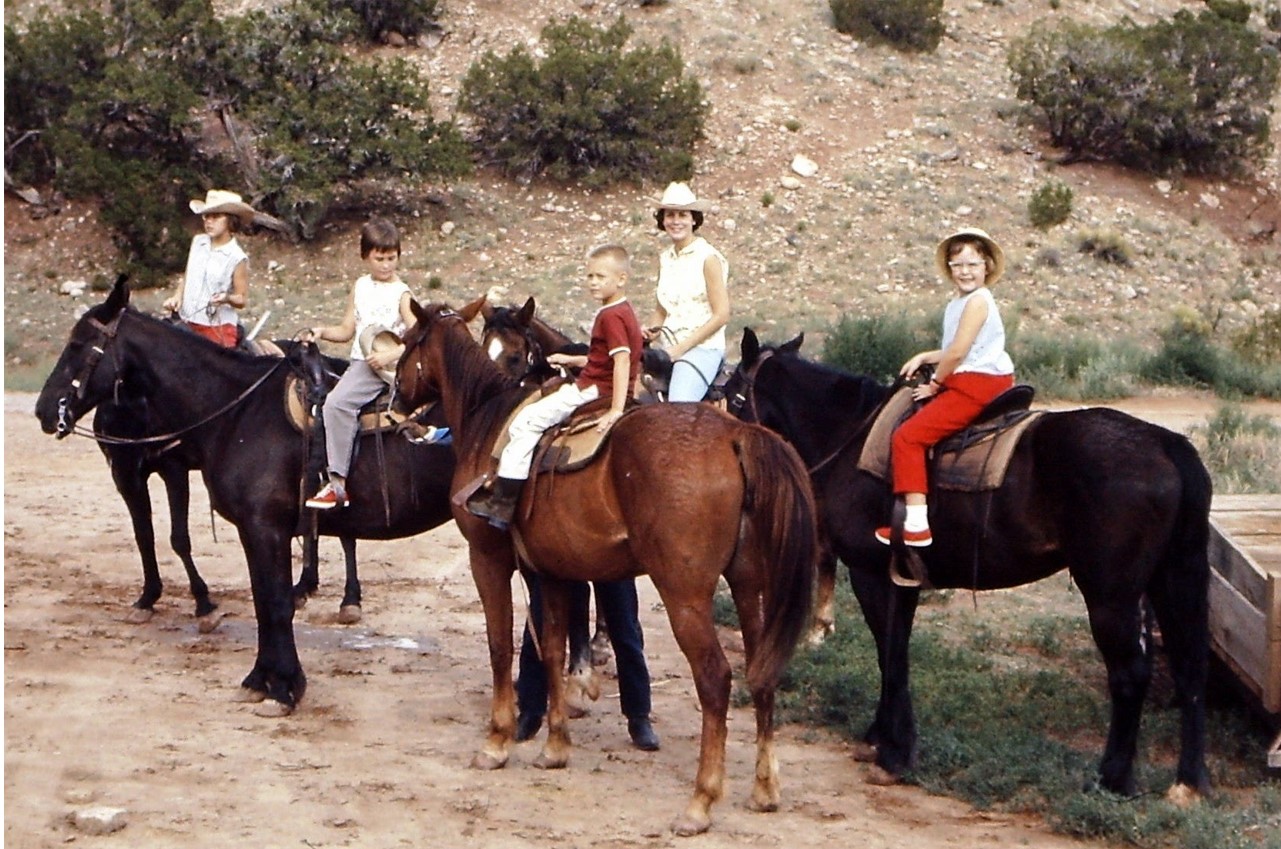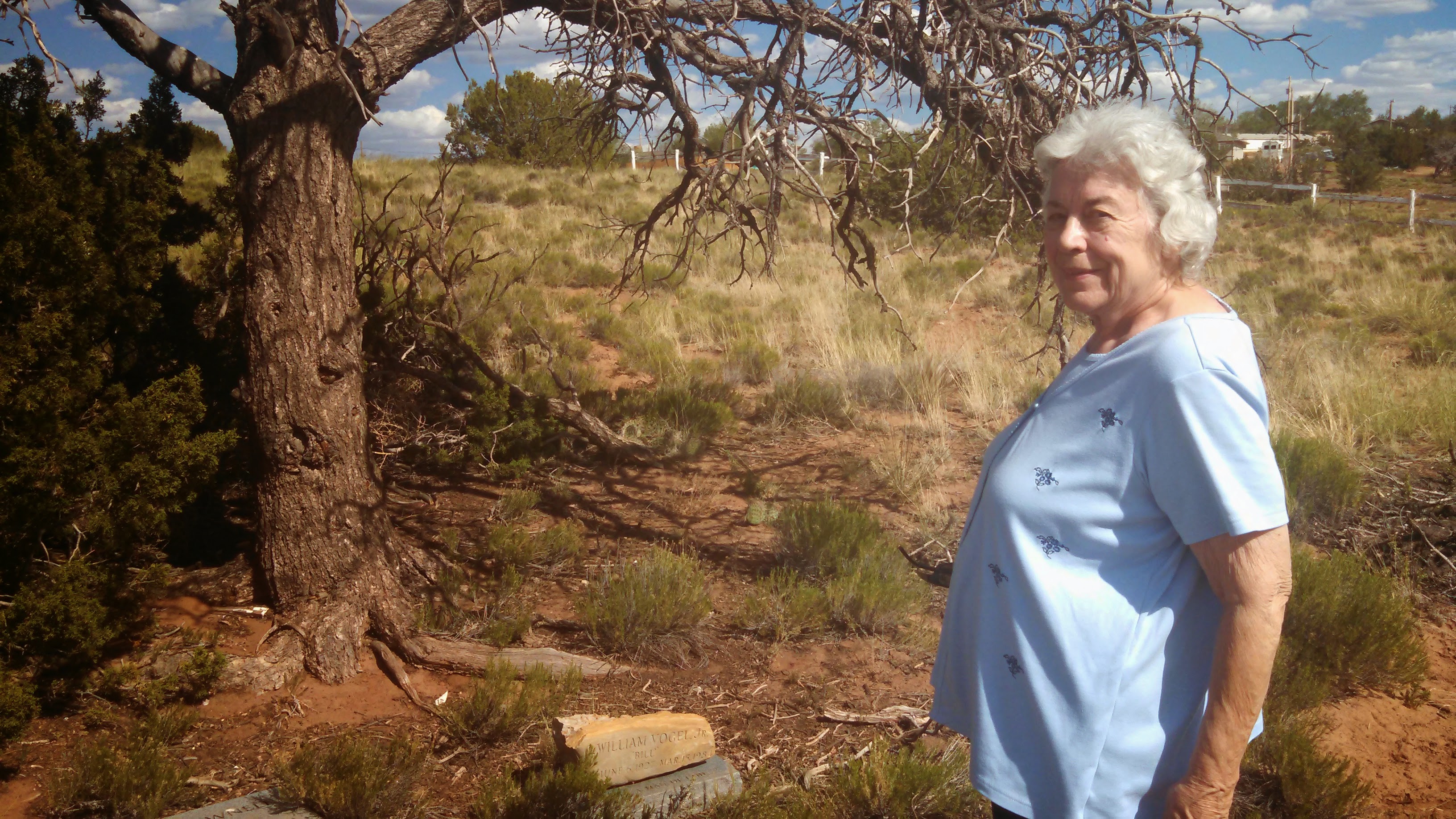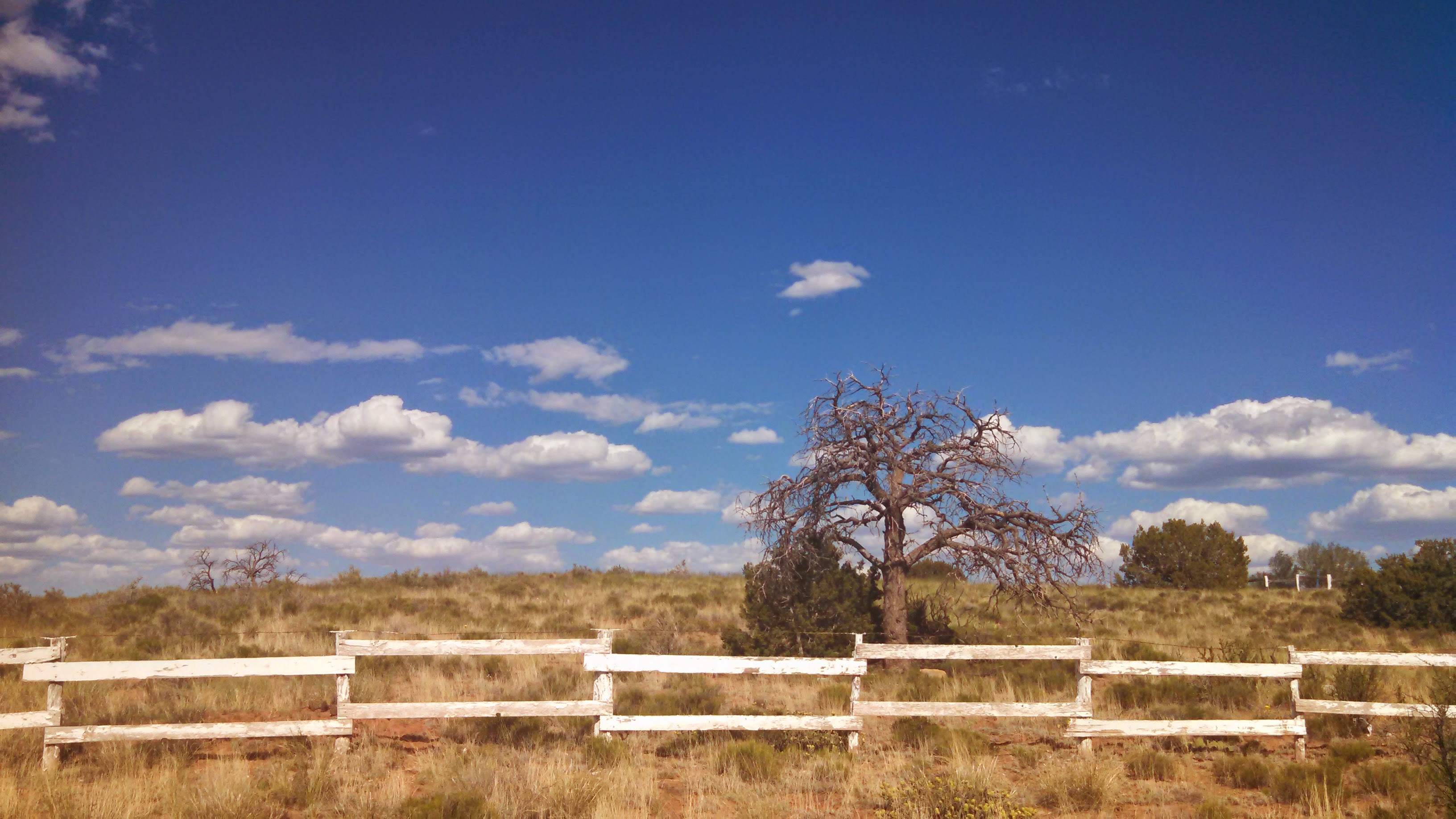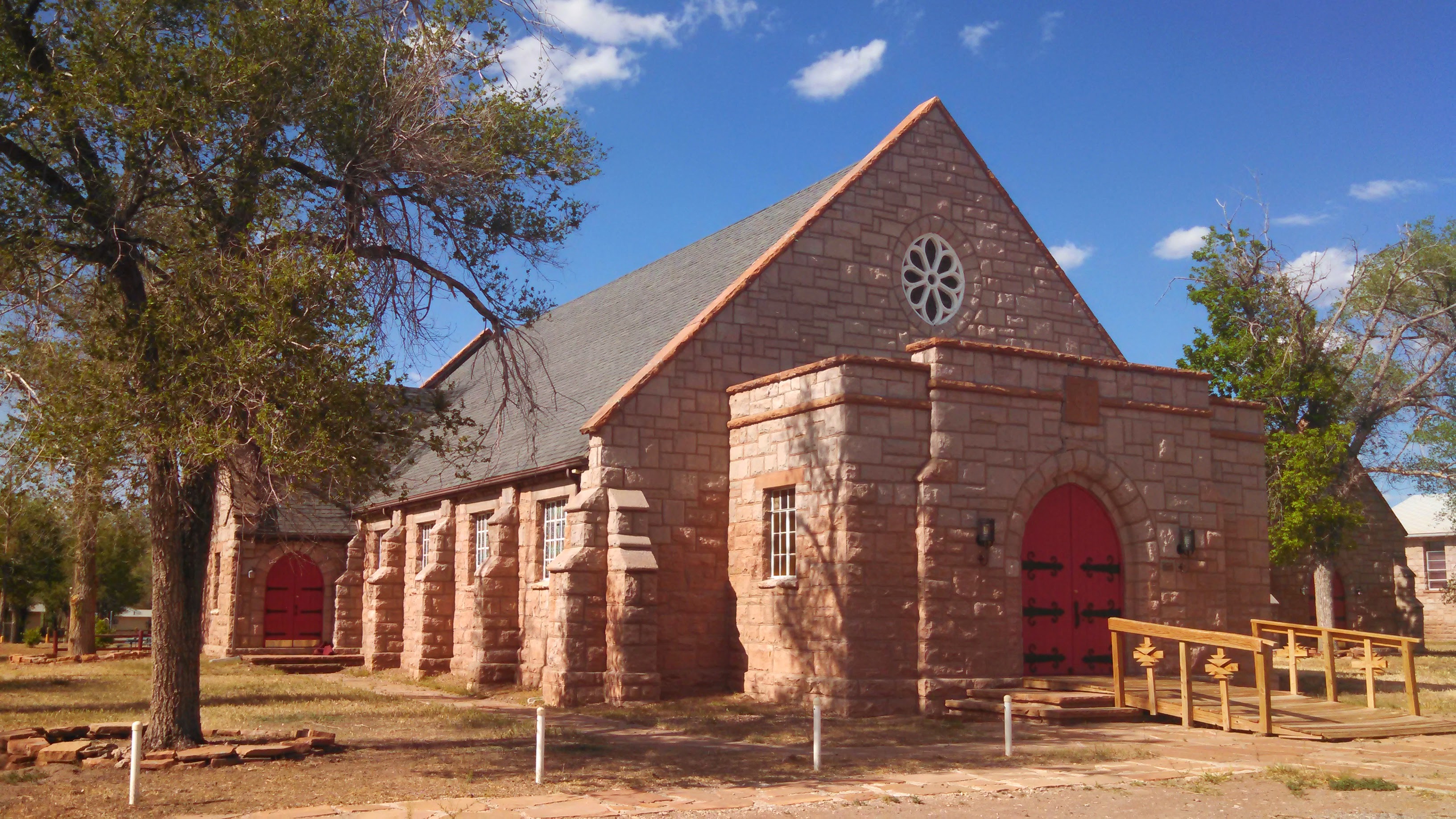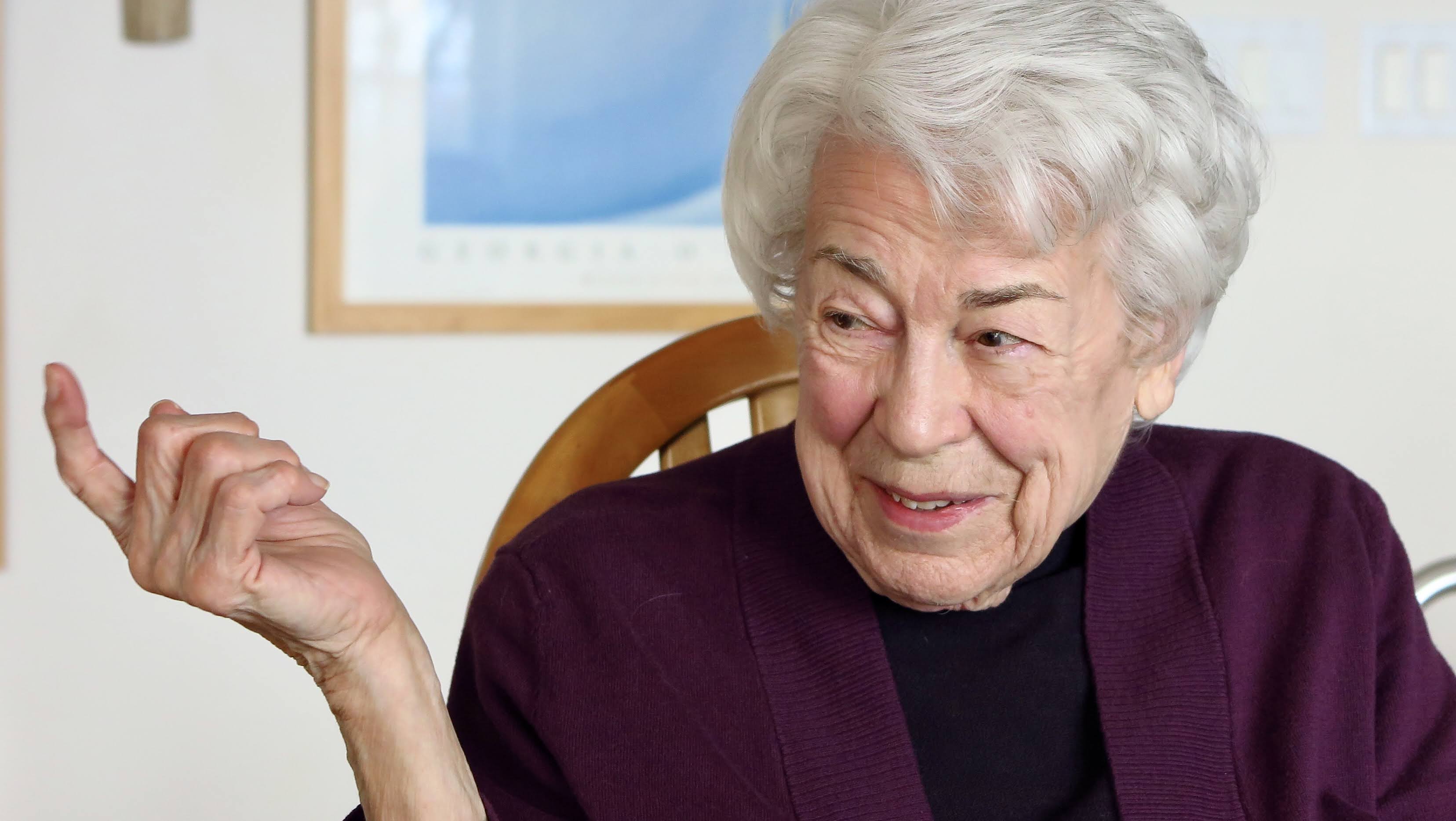A Letter from Dori Hjalmarson, serving in Honduras
Winter 2022
Write to Dori Hjalmarson
Individuals: Give online to E132192 in honor of Dori Hjalmarson’s ministry
Congregations: Give to D500115 in honor of Dori Hjalmarson’s ministry
Churches are asked to send donations through your congregation’s normal receiving site (this is usually your presbytery)
Subscribe to my co-worker letters
Dear friends,
My grandmother, who will turn 90 this year, will scoff when she reads this, as she always does, but I credit her influence with my current position as a pastor serving in the mission field. Her husband, my grandfather, was a pastor serving in the Presbyterian mission field in the 1950s. When my newlywed grandmother left Maryville, Tennessee, to join him in Ganado, Arizona, her church lady friends compared her to Narcissa Whitman, supposedly the first white woman to cross the Rocky Mountains and who was among those killed in a conflict with Cayuse resisters and land defenders. How well we have maintained this misty, soft-focus image of colonist and conquistador European and white American missionaries of the 18th and 19th centuries! Grandma scoffed then, too. She was getting on a plane in 1954, after all, not riding a horse in 1847.
But it was a sacrifice in 1954, and it is a sacrifice in 2022 for mission co-workers to leave family and homelands to serve in a new place, even though it is also a privilege.
Jesus exhorted people many times to gratitude and confidence when they had to cut ties with their families and communities to become his followers. In Luke 14:26-27, Jesus says his followers must be willing to leave their families and take up their cross. In first-century Palestine, family and communal living were the only social safety net. If family and societal ties were broken, there was only begging or enslavement. As Jerome H. Neyrey, S.J., suggests in his article “Honoring the Dishonored: The Cultural Edge of Jesus’ Beatitudes,” Jesus offered followers a new way, choosing one’s family and honoring those who were outcast and lost.
So often, we read these verses in Luke as a prescription for how Jesus expected his missionaries or even all his followers to be in the world, in self-abnegation, suffering, denial, asceticism. I do not believe that this is what God wants for us, any of us, including mission co-workers. Yes, we make sacrifices, but we also walk alongside many people who do not have the option to sacrifice, who have sacrifice thrust upon them.As I write this at the end of February 2022, I have been in the United States, working remotely, for three months. The distance and isolation of being a mission co-worker at the end of 2021 had taken a toll on my mental and spiritual health, and my family in the United States is coping with the aging and care of my grandmother. In consultation with Honduran church colleagues and my World Mission supervisors, I chose to spend a few months focusing on my relationship with my grandmother and respite for her primary caregiver, my mother.
I did not make this decision lightly. As a U.S. immigrant living in a Latin American country, with a comfortable salary and work that can be done on any computer with an Internet connection, I have enormous privilege. I have friends from Honduras who, at this moment, have separated from their children for the first time in order for their children to seek asylum in the United States, while they wonder if they will ever be able to reunite. My separation from my family was one I chose, one that I was called to, and one that I can choose to end at any time. So many people do not have the same choice.
I would never tell my friends in Honduras that God wants them separated from their family members. God’s desire is for our good, not for harm, for hope, not for exile, to paraphrase Jeremiah. My friends in Honduras would never tell me that I should sacrifice time with my grandmother if I had any other option. Jesus, whose mother was with him until the end at the foot of the cross, knew more than anyone the value of family love and connection.
When I return to Honduras in a month’s time, I will cherish the everyday, humdrum conversations with my grandmother, reminiscing about trips we once took and about her life as a mission pastor’s wife. I will cherish the Sunday afternoon we spent organizing her Christmas ornaments and collaborating to cook dinner and do the dishes. I will cherish the new ways of connecting that life in the 21st century affords us. I will return to Honduras with a new understanding of the call to sacrifice that God has made for me and my grandmother—as followers of Christ, we have made sacrifices, but we are not the martyrs in the story. We are called to struggle not for death but for life abundant in all the world—not only in our own home, church, denomination or homeland but for all creation.
I want to thank all the friends and family who have supported me financially and morally in the past four years I have been serving in Honduras. I feel your friendship and care from afar, and I ask that you continue to pray for me and to reach out by phone or email. Thank you for being my community of support.
Dori
![]() You may freely reuse and distribute this article in its entirety for non-commercial purposes in any medium. Please include author attribution, photography credits, and a link to the original article. This work is licensed under a Creative Commons Attribution-NonCommercial-NoDeratives 4.0 International License.
You may freely reuse and distribute this article in its entirety for non-commercial purposes in any medium. Please include author attribution, photography credits, and a link to the original article. This work is licensed under a Creative Commons Attribution-NonCommercial-NoDeratives 4.0 International License.
